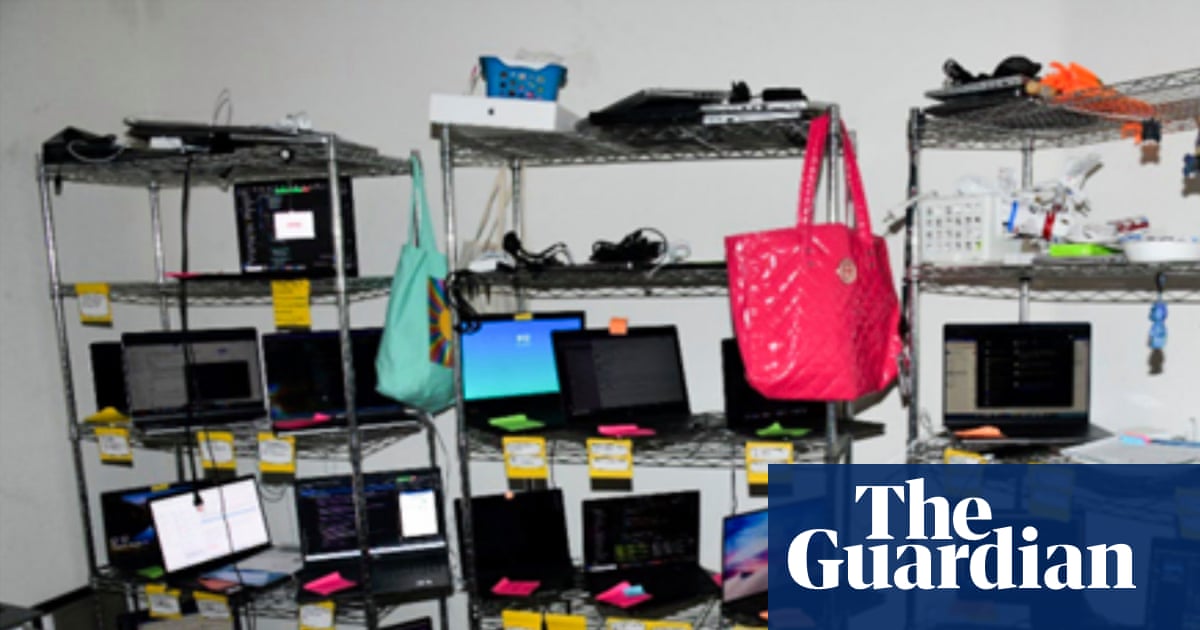T4K3.news
Former North Korean IT worker exposes regime's funding scheme
A former worker revealed how remote jobs have funded Kim Jong Un's regime.

A former North Korean IT worker shares insights into a scheme funding the regime.
Revealing the secret world of North Korean IT workers
Jin-su, a former North Korean IT worker, disclosed in a recent interview how he used fake identities to secure remote jobs with Western companies. This was part of a larger scheme aimed at generating funds for Kim Jong Un’s regime. Earning approximately $5,000 a month from multiple positions, he sent most of his income back to North Korea. His account offers a glimpse into the lives of IT workers who have been dispatched abroad, often against their will, to bolster the regime's finances during a time of strict international sanctions. It’s reported that these clandestine operations bring in between $250 million and $600 million annually for the state, especially thriving during the pandemic when remote work became widespread.
Key Takeaways
"We know it's like robbery, but we just accept it as our fate."
Jin-su reflects on the moral complexities of his situation.
"Secret IT workers generate $250m-$600m annually for North Korea."
This statistic illustrates the scale of the funding from these operations.
"It's still much better than when we were in North Korea."
Jin-su highlights the distressing choice faced by many workers.
The revelations by Jin-su underpin a significant issue regarding North Korea's ability to generate income outside its borders, particularly through technological avenues. This highlights the persistence of illicit activities despite global sanctions aimed at crippling the regime's finances. The existence of such clandestine operations raises questions about the effectiveness of international efforts to contain North Korea's revenue streams. Furthermore, as remote work remains prevalent, the potential for exploitation in global labor markets becomes glaringly apparent, revealing vulnerabilities that may be exploited by other rogue states as well.
Highlights
- We accept this as our fate, but it's better than life in North Korea.
- Eighty-five percent of what I earn is sent back to the regime.
- Our work generates millions for the North Korean state.
- Remote jobs created a booming market for North Korean IT workers.
Risk of international backlash due to North Korea's funding schemes
The operations revealed in Jin-su's account pose significant risks of political backlash as they undermine international sanctions aimed at curbing North Korea's revenue generation. These operations could also spark greater scrutiny of cybersecurity practices across global companies, increasing challenges for investors and policymakers.
The implications of this operation extend far beyond just North Korea, raising alarms about cybersecurity and the integrity of global labor markets.
Enjoyed this? Let your friends know!
Related News

Justice Department seizes $7.44 million from North Korean scam

Arizona woman sentenced for North Korean fraud scheme

US woman sentenced for North Korea employment fraud

US woman jailed for aiding North Korea's nuclear program

Trump's cryptocurrency ventures face backlash
Pensioners demand increases to address 30-year delay

Kim Jong Un declares victory against US in fiery speech

Revolut continues to seek UK banking licence amid regulatory challenges
